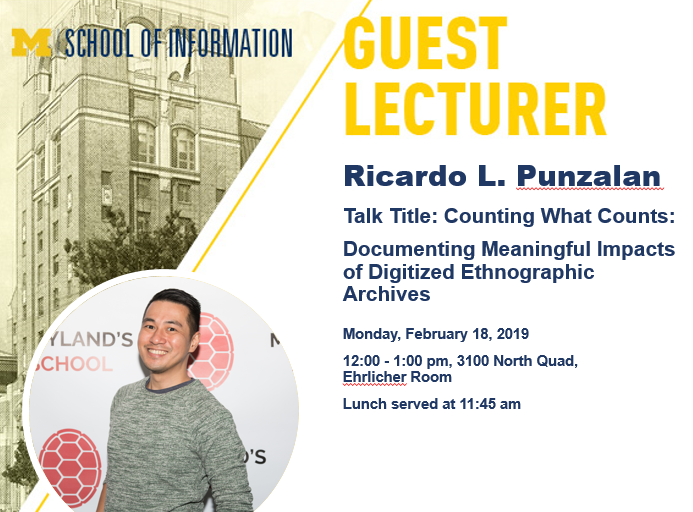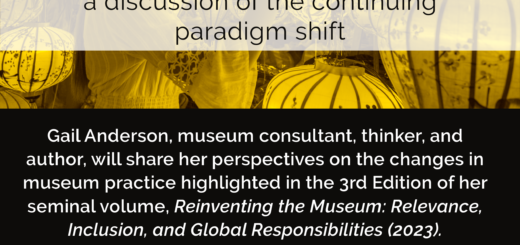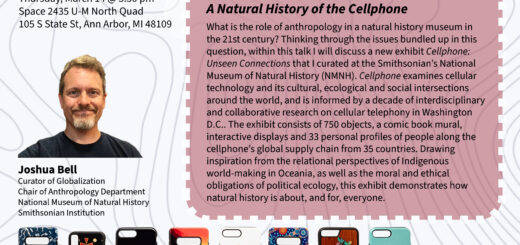Feb 18 – Counting What Counts: Documenting Meaningful Impacts of Digitized Ethnographic Archives

Presentation by Ricardo L. Punzalan, MSP alumni
Ethnographic archives hold records that document the resources, history, and culture of Indigenous communities. Often generated in the context of anthropological fieldwork, these materials come in diverse formats (e.g., manuscripts, sound recordings, moving images, and photographs). In recent years, libraries, archives, and museums have made great strides digitizing and providing online access to this genre of cultural heritage materials.
While these efforts have enabled new possibilities for collections management, content delivery, and user interaction, access to digitized ethnographic archives presents unique ethical concerns because of the sensitive nature of their content and contexts of creation. Ethnographic archives often retain links to Indigenous source communities, yet archivists lack specialized impact and assessment measures that account for the complex political and cultural issues that access to such items entails. Extant models for impact assessment inadequately track the value of access to digitized ethnographic holdings.
As users increasingly access digitized ethnographic materials, more systematic methods to assess the outcomes and impacts of digital access of these types of cultural heritage collections need to be in place. This presentation discusses six areas of meaningful impacts—Knowledge, Professional Discourse, Attitudes, Institutional Capacity, Policy, and Relationship—that can be used to examine the outcomes of access to and use of digitized ethnographic archives. The presentation will conclude with an outline of ongoing and future research in the area of anthropological archives and data re-use.
Ricardo L. Punzalan is assistant professor of archives and digital curation at the College of Information Studies, University of Maryland, College Park. He is also affiliate assistant professor in the Department of Anthropology and the Maryland institute for Technology in the Humanities (MITH) and co-directs Maryland’s Museum Scholarship and Material Culture program. He holds a Ph.D. in Information as well as graduate certificates in Science, Technology, and Society (STS) and Museum Studies from the University of Michigan.



